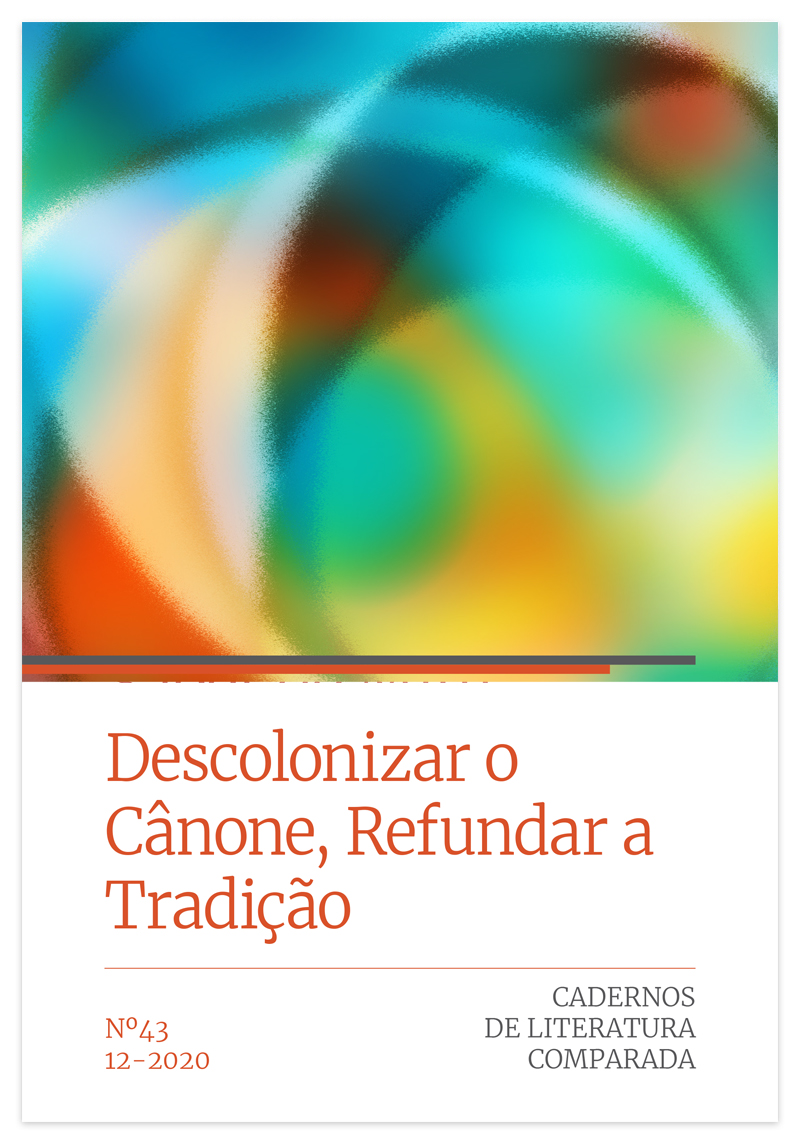Fernan Díaz, quem teve que esperar 800 anos para se casar, ou: Sobre desleituras históricas e revisões canônicas
DOI:
https://doi.org/10.21747/21832242/litcomp43a7Keywords:
Gallician-Portuguese Satirical Cancioneros, Homoeroticism in the Middle Ages, literary canonAbstract
There are many poems of homoerotic bias/themes amongst the archive of the "cantigas de escárnio e mal-dizer", which in general show traces of satire and/or disgust. Some characters of medieval Portugal are focussed in series of such cantigas, composed by many Gallician and Portuguese troubadours. Cantiga 1479, collected at the Cancioneiro da Biblioteca Nacional is by Aires Pérez Vuitoron and deals with some Fernan Días, who probably was a royal justice, who seems to have developed delusions of marrying someone of his own gender –to general scorn. It is studied in the fundamental edition of the "Cancioneiro Escarninho" (i.e., "Scornful Poetry Collection") organized by Rodrigues Lapa (1965). The present essay adopts a critical eye on the necessity of reshaping and re-reading the unread in the literary canon of the Portuguese language. Such a critical stance considers that the construction of memory –including the literary one– coincides with the construction of citizenry.


